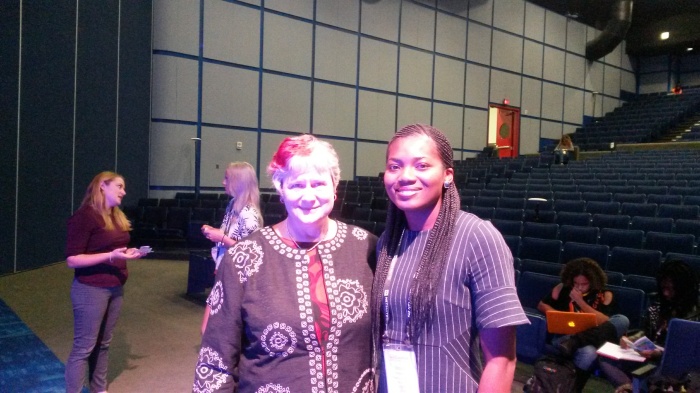Measuring civic life is critical to improving it. This was the core message I got from an enlightening panel of five women in the field of data science, who introduced themselves by their favorite data sets, and Civic Data to the audience – what it is, who owns it and how citizens could leverage it. At the intersection of analytics and social good, the conversation touched on topics of real life data sets and issues that spread across transportation and safety in New York City, water consumption in cities like Flint, Michigan and historic droughts in California, human trafficking and labor exploitation, racial and ethnic bias in patent filing and rates of arrests.
In developed countries today, we live in data saturated environments. The deluge of open data comes with tons of benefits. It’s impactful when conversations are reoriented as a result of this uncovering or discovering and sharing of knowledge. For example, one of the panelists, Katy Dickinson (pictured below) has been part of an exciting project with a goal to improve public transport in Tunis, which is a North African city in Tunisia, where citizens have major pain points dealing with sporadic bus schedules and routes. Her team will be making a map of public transport in the city and the schedules. But as usual, benefits are usually not without costs. Behind numbers are people, and these people who provide their information must be considered and protected while maintaining a human centered approach. Managing the risks of personally identifiable information (PII), consequences of integrating and differential privacy were weighed in with examples such as using tip line data to help human trafficking victims.

Overall this was a profound session for more reasons than one, and most importantly, it inspired and expanded my thinking. As mentioned before, there’s a deluge of open data in developed countries with access to tools for computing and storing this “big data” so much that tinkering is easily the norm – which is phenomenal. On the other hand, I would love to say the same for the rest of the world. Depending on where you stand, the reach of the digital age might seem widespread, but from a global viewpoint, we are not there yet. My heart and mind went out to developing and undeveloped countries that are neither privy to access this wealth of data or even create theirs. I don’t believe in the saying that ignorance is bliss. Their challenges and priorities are different as they are valid. I talked with Katy and Erin Akred after the session and learned about the Tech Women Initiative (supported by the U.S. Department of State’s Bureau of Educational and Cultural Affairs), as well DataKind‘s mission, involvement and outreach. As my call to action, I’ll love to be a part of expanding the ecosystem and improving the chances of success where people are otherwise not so privileged.
…………………………………………………………………………………………………………………………………………….
Enjoyed this post? Got ideas, interests about collaborating for data driven impact, whether new or existing, for-profit or NGO, whatever, please connect in the comments or tweet @nvictta
Follow the conversation on Twitter using #CivicData.
GHC Presentation Slides (Source: FeelingElephants)
Disclaimer: I am a community volunteer for Grace Hopper Celebration for Women In Computing. Opinions are my own.











